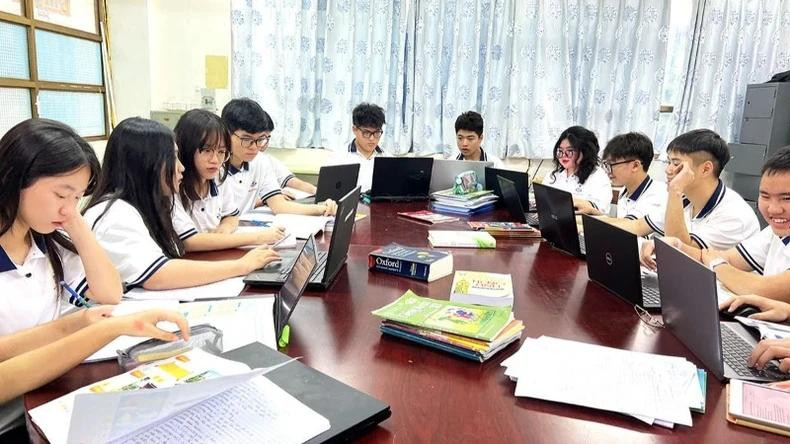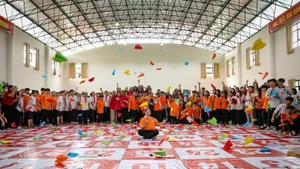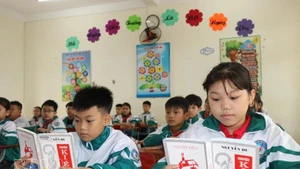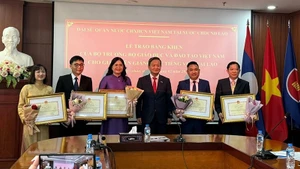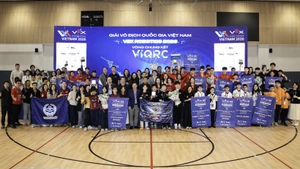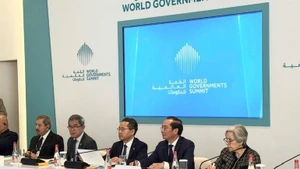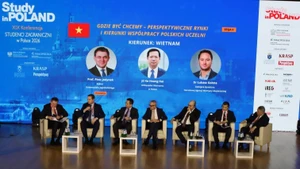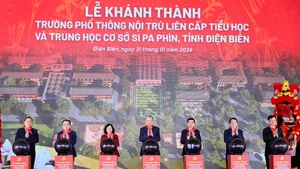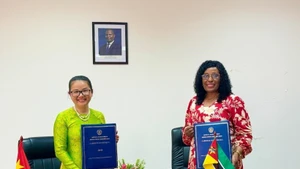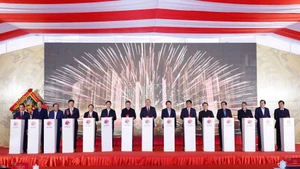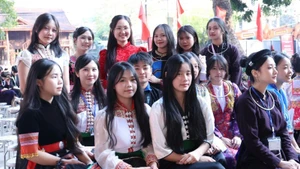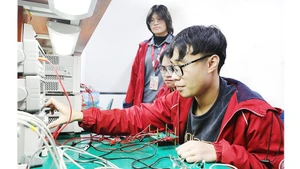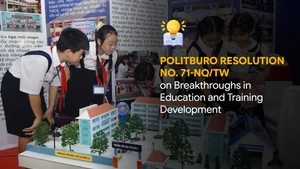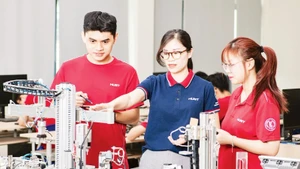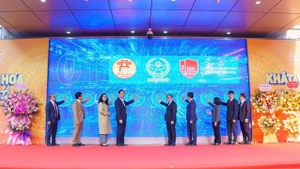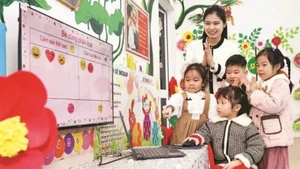In recent years, many general education institutions have adopted the liberal education model, such as Olympia Primary and Secondary School, Nguyen Sieu Primary, Secondary and High School, and Chu Van An High School (Ha Noi), among others.
The goal of this model is to create optimal conditions for students to reveal their talents and career orientations, with strong investment in facilities and curricula aimed at developing them holistically along the path of truth–goodness–beauty.
Tri Duc High School (Ha Noi) has developed a unique “3-in-1” boarding education model: a high-quality school, a civilised miniature society, and a warm extended family.
Ha Trung Hung, former lecturer at Ha Noi National University of Education and the pioneer of this model, stated: “Education is not just about imparting knowledge, but about nurturing intelligence, ethics, and perseverance.” The philosophy of “becoming a person before becoming talented” has become the guiding principle, directing teachers to innovate teaching methods that help students develop self-learning capabilities, critical thinking, and life skills.
Tran Thi Hai Yen, Vice Principal and Biology teacher at Tri Duc High School, shared: “I am not merely a knowledge transmitter, but a mentor who helps students explore and grow in character.” Using the discussion-based classroom model, she spent an entire month teaching students how to effectively study before lessons, ask questions, and take notes in self-learning journals. After six months, 85% of her students showed significant improvement in self-study skills, communication abilities, and career orientation.
Nguyen Thuy Linh, a 10th grader, said: “Thanks to the discussion-based class model, I have become more confident and learned how to manage my emotions—something I used to struggle with.”
The path of educational liberalisation is far from easy. According to teacher Yen, implementing the discussion-based classroom model requires meticulous preparation for each lesson, from crafting guiding questions to analysing teaching techniques. Teachers even role-play as “students” to think and study in advance, ensuring they guide learners effectively. In doing so, educators themselves grow and become more creative in their roles. They are no longer mere instructors, but “designers” of learning experiences who accompany students on their journey of holistic development.
Liberal education is a philosophy aimed at nurturing well-rounded individuals capable of adapting to change and pursuing lifelong learning. It is not only an innovative approach, but also a long-term strategy. However, for this journey to succeed, it requires synchronised efforts from policy makers, society, and educators themselves.
Prof. Dr. Nguyen Quy Thanh, Rector of the University of Education (under Viet Nam National University, Ha Noi), remarked: “Liberal education works well with students who already have a strong foundation, but those without self-study habits need more time to adapt.”
Prof. Dr. Furuta Motoo, Rector of the Viet Nam-Japan University, added: “Implementing liberal education in Viet Nam is not simple, but can be achieved by adapting the model to local realities.”
From an international perspective, successful liberal education models in Finland, Singapore, and India demonstrate the importance of strong investment in teacher training and adapting the model to fit the local context.
The journey to liberalise education, as seen in the pioneering stories of some schools, has shown that not only students but also teachers are transformed. As teacher Tran Thi Hai Yen shared: “Seeing my students grow, I realised that I, too, have undergone a transformation.”
